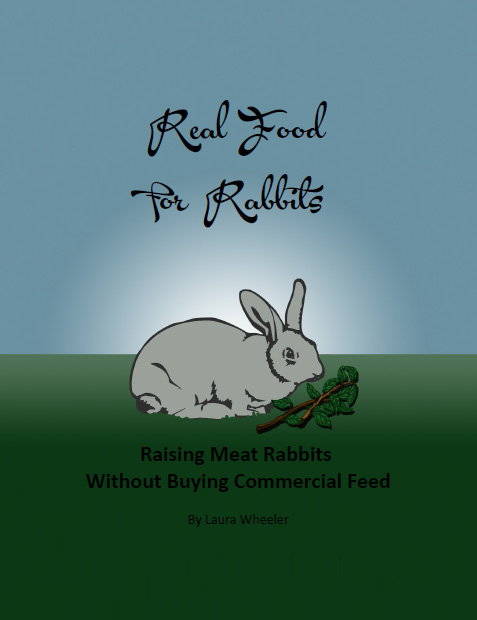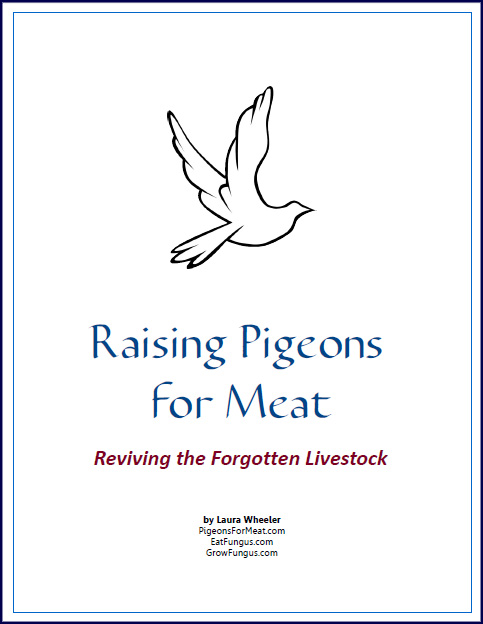Rabbits
Rex
A well established rabbit breed, with plush thick fur that is distinctly different than that of other rabbits. Commonly used in the fur trade, and as a meat and pet rabbit.
Rex rabbits are generally calm and placid, but can be energetic and mobile when motivated. They are a good sized rabbit and very intelligent. They are also considered to have fairly robust health.
Does are sometimes used as foster mothers for orphan kits.
- Type - meat, fur
- Size - medium large
- Production Capability - rapid producers of fryers and fur
- Special Features - unique plush fur
- Best for Farms - good choice for farms producing meat, fur, or for the pet markets
- Egg, Milk, Meat Features - typical
- Other Products - some market for fur
- Historic or Contemporary Significance - Most common fur rabbit
- Housing and Space Requirement - large rabbit, requires sturdy floors with a resting board if on wire.
- Regional Adaptations - adaptable, but does not handle extreme weather in either direction well
- Feed Requirement - should not be fed excess protein as it may cause molting, and they do better with large percentage of fresh forage and fodder feeds.
- Other Considerations - Litter box trainable. Rex and Mini Rex are separate breeds, the Rex is much larger.
SPECIAL NOTE ABOUT RABBITS:
There are a gazillion rabbit breeds. We don't have all the good meat rabbits listed here (if we missed a particularly good one, let us know, it does not have to be endangered).
Rabbits produce a lot of young, so they are subject to fairly lax endangerment standards. They are not considered endangered until there are very VERY few left - the numbers are much lower than for many other species.
This means that some breeds NOT considered endangered may still be very difficult to obtain. It also means that by the time they ARE endangered, they may be IMPOSSIBLE to obtain. But many are still available unregistered, even when considered endangered. It is confusing.
If it is practically impossible to obtain the animals, we have not listed them. If they have genetic problems, are difficult to breed to a fussy standard that is irrelevant to utility, we have also not included them as a rule.
 Click to Download Your Free Heritage Pickling and Culturing e-Book Now!
Click to Download Your Free Heritage Pickling and Culturing e-Book Now!
Instant Download, NO Registration Required!






